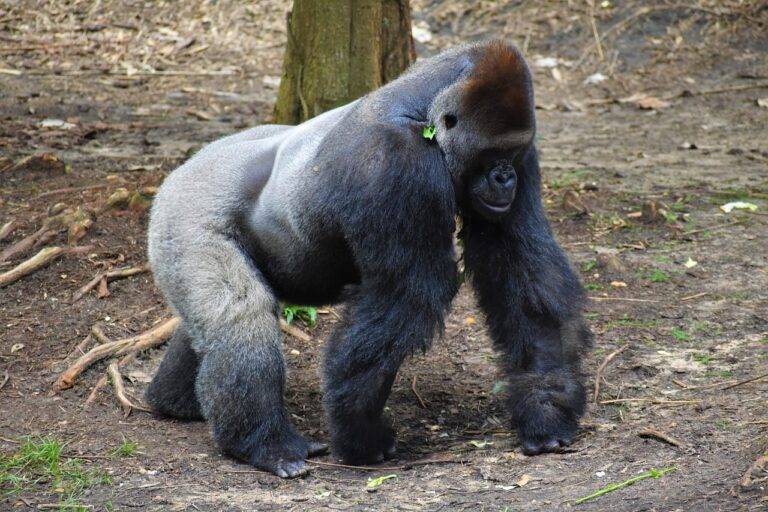The Psychology of Celebrity Worship: Parasocial Relationships and Fandom Culture
Parasocial relationships refer to a one-sided bond where a person invests time, emotions, and thoughts in a particular media figure, such as a celebrity or a character. This connection is primarily one-way, with the individual feeling a sense of closeness to the media personality, even though there is no direct interaction. These relationships are often fueled by the illusion of intimacy created through frequent exposure to the individual through social media, television, or other forms of media.
Individuals who engage in parasocial relationships often experience feelings of comfort, companionship, and even loyalty towards the media figure. This emotional connection can provide a sense of belonging and fulfillment, especially for those who may feel isolated or lonely in their real-life relationships. However, it’s important to note that while parasocial relationships can offer emotional support, they are inherently unbalanced and can sometimes lead to unrealistic expectations and disappointment when the fantasy is shattered.
The Impact of Social Media on Celebrity Worship
Social media platforms have transformed the landscape of celebrity worship, providing fans with unprecedented access to the personal lives of their favorite stars. Platforms like Instagram, Twitter, and TikTok allow fans to engage with celebrities in real-time, leading to a sense of familiarity and connection that was previously unattainable. This constant stream of content fosters a parasocial relationship wherein fans feel emotionally invested in the lives of celebrities, despite the one-sided nature of the interaction.
Moreover, social media has created a culture of comparison among fans, as they often measure their own lives against the seemingly perfect and glamorous lives of celebrities. This constant exposure to curated images and highlight reels can lead to feelings of inadequacy and low self-esteem among fans who are unable to achieve the same level of success or beauty. In this way, social media contributes to the idealization and pedestalization of celebrities, further fueling the phenomenon of celebrity worship.
• Social media platforms like Instagram, Twitter, and TikTok provide fans with unprecedented access to the personal lives of celebrities
• Fans can engage with celebrities in real-time, fostering a sense of familiarity and connection
• Constant stream of content on social media leads to parasocial relationships between fans and celebrities
• Social media creates a culture of comparison among fans
• Fans often measure their own lives against the seemingly perfect lives of celebrities
• Exposure to curated images and highlight reels can lead to feelings of inadequacy and low self-esteem
• Social media contributes to the idealization and pedestalization of celebrities
• The phenomenon of celebrity worship is further fueled by social media platforms
Psychological Reasons Behind Fandom Culture
Fandom culture is deeply rooted in various psychological phenomena that drive individuals to develop strong attachments to celebrities, fictional characters, or specific brands. One key reason behind this phenomenon is the concept of parasocial relationships, where individuals form one-sided emotional connections with the objects of their fandom. This type of attachment often fulfills psychological needs for companionship and belonging, especially for those who may feel isolated or lonely in their everyday lives.
Moreover, fandom culture can also be linked to the human tendency to seek out role models or sources of inspiration. Fans often idolize their favorite celebrities or characters because they embody certain traits or qualities that the fans aspire to possess themselves. This form of admiration can serve as a form of escapism from reality, allowing individuals to immerse themselves in a world where they can live vicariously through their idols and temporarily escape the stresses of their own lives.
What are parasocial relationships and how do they relate to fandom culture?
Parasocial relationships are one-sided relationships where one party (such as a fan) feels a strong emotional connection to a public figure (such as a celebrity). These relationships play a significant role in fandom culture as fans often feel like they have a personal connection to the celebrities they admire.
How does social media contribute to the phenomenon of celebrity worship?
Social media platforms like Instagram, Twitter, and TikTok have made it easier for fans to connect with their favorite celebrities on a more personal level. This constant access to celebrities’ lives can amplify feelings of admiration and lead to heightened celebrity worship among fans.
What are some psychological reasons behind the prevalence of fandom culture?
Fandom culture can be attributed to a variety of psychological factors, such as the human need for belonging and social connection, the desire for escapism and entertainment, and the tendency to idealize and idolize individuals who represent certain qualities or values that resonate with fans.
How can fandom culture impact an individual’s mental health?
While fandom culture can provide a sense of community and belonging for many individuals, it can also lead to negative consequences such as obsession, comparison, and unrealistic expectations. It’s important for fans to maintain a healthy balance between their admiration for celebrities and their own well-being.







